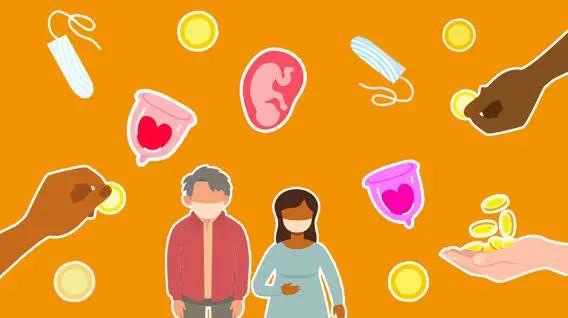As the world celebrates the UN International Day of Women and Girls in Science on February 11, ANSO Project “Women’s Capacity Building and Empowerment in B&R Countries: Pillars of Global Science and Environmental Sustainable Development” is calling attention to the contributions of female and the significance and challenges in women’s health and development during COVID-19.
COVID-19 and Contributions of the “Female Great Wall”
In the fight against the coronavirus, women built the “Female Great Wall” at the frontlines of hospitals, scientific research, communities, as well as shouldering responsibilities in industrial production, household work and national leadership, safeguarding the whole society.
According to data compiled by UN Women, as of early April 2020, women occupied 66%-73% of COVID-19 infections among healthcare workers in the United States, Spain and Italy. In China, from January to March 2020, 346 medical teams with 42,600 medical staff were dispatched for Hubei Province, two-thirds of whom were female staff, and they created the magic of zero infection. Female medical staff and scientific researchers worldwide have also made prominent contributions to the virus discovery, sampling and detection of the virus, as well as vaccine development.
COVID-19 and the disruption of reproductive health care (Image Credit:United Nations Population Fund)
COVID-19 and Challenges in Women’s Health
According to the study, the "Female Great Wall" has highlighted the importance of women's health to the whole society. In recent years, women’s health made remarkable progress around the world in improving female life expectancy and maternal and fetal health, but also confronted long-term challenges such as control of non-communicable diseases (NCDs) as well as functional loss and disabilities against the backdrop of population ageing, health transition and global fertility decline. COVID-19 is creating new short-term and mid- to long-term impact of COVID-19 on women’s health, including disruption of women’s health services, rising family care burden and domestic violence, shocks to women’s economic security, and retreat of women’s standing and rights, bringing severe challenges to women’s health.
The United Nations Population Fund (UNFPA) predicted there could be up to 7 million unintended pregnancies worldwide because of the disruption of reproductive health service caused by the crisis, with potentially thousands of deaths from unsafe abortion and complicated births due to inadequate access to emergency care. Besides, according to UN Women’s deputy executive director Anita Bhatia, the coronavirus pandemic could wipe out 25 years of increasing gender equality. The retreat of women’s standing and rights could force women to live in an environment with deeply rooted gender stereotypes, discrimination and pressure, which will have a mid- to long-term impact on women's income as well as physical and mental health.
COVID-19 and women’s domestic burden (Image Credit: Sarah Mazzetti)
COVID-19 and Promotion of Women’s Health and Development
The study made several recommendations to governments to strengthen focus on women’s health, raise women’s issues on the national agenda, take advantage of the pandemic era and adopt multi-sectoral measures spanning women’s life course to safeguard women’s sustainable health and development. The policy attention and resources devoted to women’s health would determine whether the “Female Great Wall” could withstand the next unknown shock for the society, and whether women’s health and public health could be sustainably improved in the future.
Source: ANSO Project “Women’s Capacity Building and Empowerment in B&R Countries: Pillars of Global Science and Environmental Sustainable Development”


